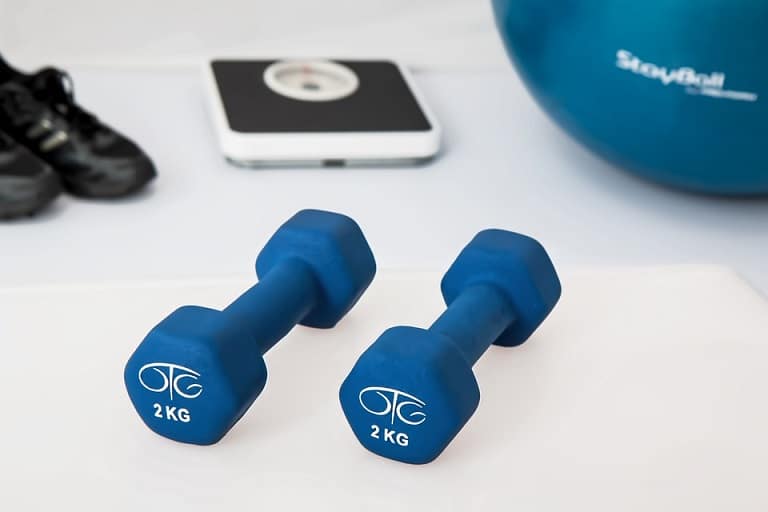The human body is, on average, around 70% water, and maintaining this balance is vital to feeling energised and concentrated as well as for our general health and survival.
While we can get some of our daily liquid requirements from sources such as soups, juices, tea, coffee, and water-rich fruit and vegetables, the majority of our daily hydration must come from drinking plain water.
Drinking plain water is also healthie because it contains no calories whereas even the best fruit juices and carbonated drinks contain a lot of sugar, which is not healthy at all.
The old drink eight glasses of water per day rule has been largely discounted because everyone’s water needs are not the same. Your particular daily water requirement will depend on your gender, age, amount of physicality, environmental conditions such as temperature and humidity, and general health.
The adequate daily fluid intakes as set by the European Food Safety Authority and by the NHS vary between 1.6 and 2.5l a day, in moderate environmental temperature with moderate physical activity. Basically, your intake of fluids must match your outputs. If you are doing a physical job or exercise and sweating a lot then you are losing water so need to drink more to ensure that you do not get dehydrated; if you are ill and vomiting a lot then you are also losing fluids and need to drink water to stave off dehydration.
Most healthy adults can basically rely on their thirst, which is the organism’s primary feedback mechanism for avoiding dehydration, to be their guide as to when to drink water, but children and the elderly cannot rely on this mechanism. The best is to start the day off with a nice large glass of water and then drink more throughout the day.
Dehydration can cause thirst, dizziness, skin problems, headaches, kidney problems, impaired cognitive abilities, constipation, heart problems, and much more, so staying hydrated by drinking water regularly is not an option; it is life!
Buy water cooler and buy water cooler accessories from Living-Water.






